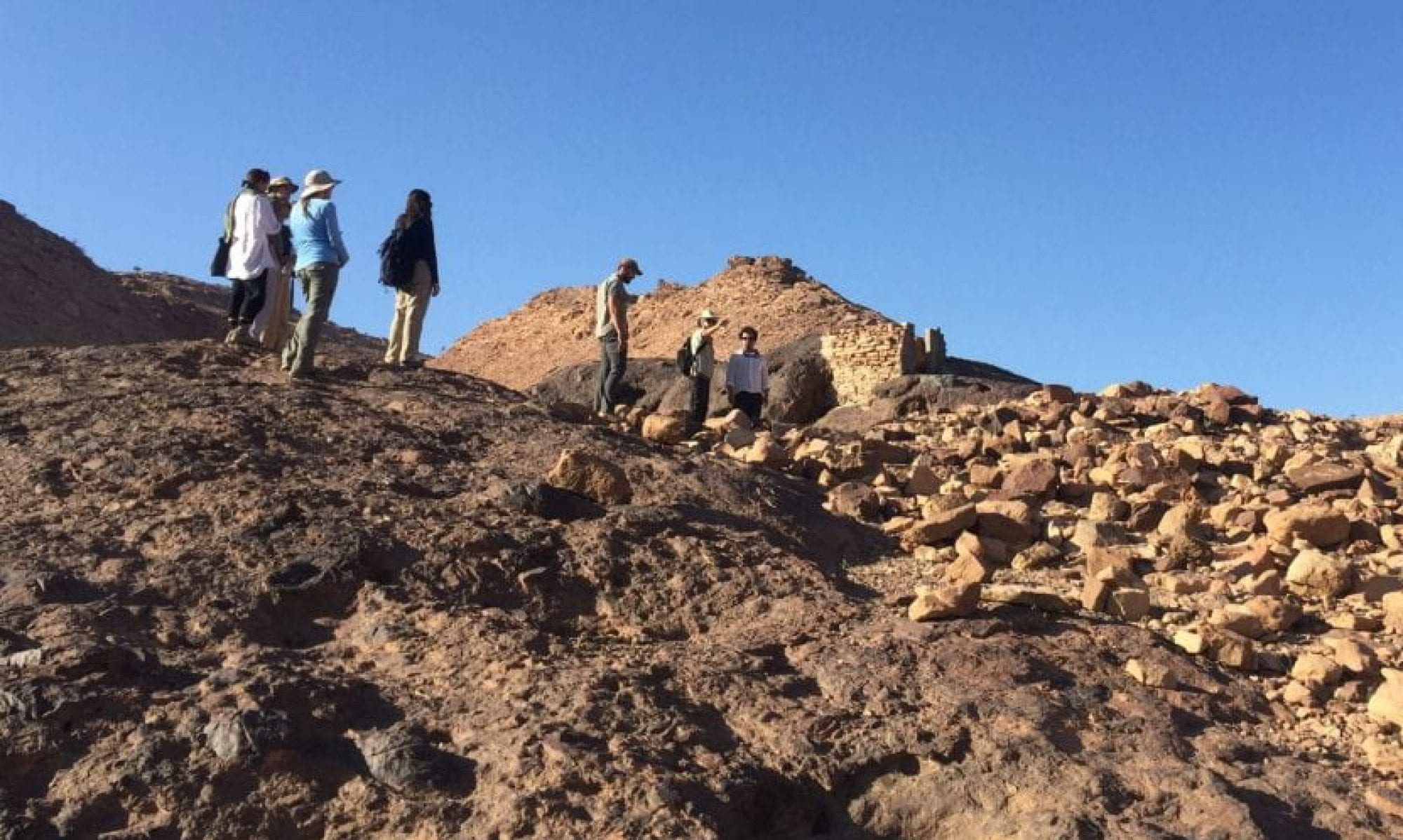Since the events of the Arab Spring and the first Occupy protest in New York’s Zuccotti Park in 2011, the issue of inequality has been gaining interest amongst western policy makers, academics, and within the popular consciousness. President Obama used inequality as a key theme in his 2014 State of the Union address — issues of prosperity and poverty, civil rights, and equal access to education are at the forefront of his overall plan for the upcoming year. In just one of many other examples, this February the International Monetary Fund released a staff discussion note on “Redistribution, Inequality, and Growth.” Even within the unexpected parts of the academy, the discussion of inequality has become a timely issue, as evidenced by an upcoming (April 2014) conference hosted by the Institute for European and Mediterranean Archaeology at the University of Buffalo entitled, “Inequality in Antiquity: Tracing the Archaeological Record.”
Inequality – be it social, economic, or political – has a long history (and prehistory), and scholars across disciplines have shown a consistent interest in tracing social hierarchy, division, and power dynamics in both modern and ancient contexts. However, these phenomena are all too frequently studied separately – under more narrowly defined research topics such as gender, slavery, colonialism, or class – or in regionally or temporally specific disciplines such as anthropology, archaeology, history, or political science. To integrate the strengths of the Brown graduate community in these diverse subjects, this workshop defines inequality in its broadest sense as the differential access to resources, financial or otherwise, resulting in a systematic advantage for a segment of a given population. We hope to create a novel interdisciplinary framework to ask new questions. Is it possible to develop a general understanding of inequality? How can we identify inequality, and what tools or vocabularies can we use to quantify or describe it? Are patterns of inequality culturally specific? What strategies can we adopt to analyze inequality and how far can they be shared across disciplines? Given the current status of inequality as a ‘hot topic’ both inside and outside the academy, this Mellon Graduate Workshop is a productive opportunity to explore issues that are under active consideration and debate.
Breaking down inequality
If we are to fully understand systems of inequality in all their complexity, we need to approach them from many perspectives. To unpack this broad concept into more meaningful segments, and learn how it impacts upon our collective scholarship, the workshop will initially divide the subject into seven themes, themes that are applicable to both modern and ancient contexts: urbanism, gender, colonialism, economy and trade, ethnicity and slavery, migration, and inequality within the academy. These themes are by no means mutually exclusive, and–as we work collectively through the material–connections in the way inequality is expressed will be sought. For each theme, we have also specifically drawn on scholarship from both ancient and modern situations, to understand how inequality has both changed and remained the same over time.
During the 2014/15 academic year, two individual Mellon workshops touched on issues of inequality, albeit from differing perspectives. The Worlds Divided group approached inequality from a series of sub-themes: empire, mobility, race, colonial interactions, and urban spaces. At the same time, a second group met to discuss issues of sex and gender in past societies, and how feminist theories provide effective methodologies for the study of marginalized peoples.
We hope in the 2015/16 academic year to integrate these approaches – and combine the remaining participants from both workshops into a single group – as we continue to ask new questions within our research. Is it possible to develop a general understanding of inequality? How can we identify inequality, and what tools or vocabularies can we use to quantify or describe it? Are patterns of inequality culturally specific? What strategies can we adopt to analyze inequality and how far can they be shared across disciplines? Given the current status of inequality as a ‘hot topic’ both inside and outside the academy, our continued exploration of inequalities past and present within a Mellon Graduate Workshop in 2015-2016 will be a productive opportunity to explore issues that are under active consideration and global debate.
(Photo credit: Muhammad Moneib, licensed under CC BY-NC-ND 2.0)

